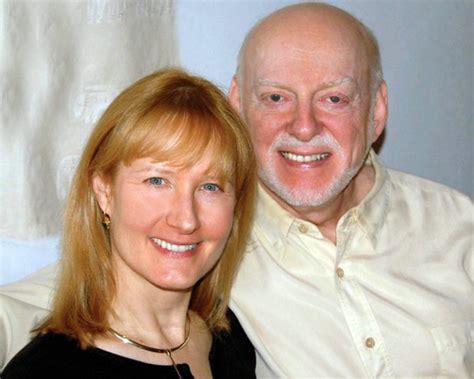A Quote by Allan Lokos
The practice of lovingkindness can uplift us & relieve sorrow & unhappiness.
Quote Topics
Related Quotes
In tonglen practice, when we see or feel suffering, we ?breathe in with the notion of completely feeling it, accepting it, and owning it. Then we breathe out, radiating compassion, lovingkindness, freshness - anything that encourages relaxation and openness.? So you're training in softening, rather than tightening, your heart. In this practice, it's not uncommon to find yourself blocked, because you come face to face with your own fear, resistance, or whatever your personal "stuckness" happens to be at that moment.
Recently, one friend asked me, "How can I force myself to smile when I am filled with sorrow? It isn't natural." I told her she must be able to smile to her sorrow, because we are more than our sorrow. A human being is like a television set with millions of channels. If we turn the Buddha on, we are the Buddha. If we turn sorrow on then we are sorrow. If we turn a smile on, we really are the smile. We can not let just one channel dominate us. We have the seed of everything in us, and we have to seize the situation in our hand, to recover our own sovereignty.
It is abundantly evident that, however natural it may be for us to feel sorrow at the death of our relatives, that sorrow is an error and an evil, and we ought to overcome it. There is no need to sorrow for them, for they have passed into a far wider and happier life. If we sorrow for our own fancied separation from them, we are in the first place weeping over an illusion, for in truth they are not separated from us; and secondly, we are acting selfishly, because we are thinking more of our own apparent loss than of their great and real gain.
Perhaps love is a minor madness. And as with madness, it's unendurable alone. The one person who can relieve us is of course the sole person we cannot go to: the one we love. So instead we seek out allies, even among strangers and wives, fellow patients who, if they can't touch the edge of our particular sorrow, have felt something that cuts nearly as deep.



































